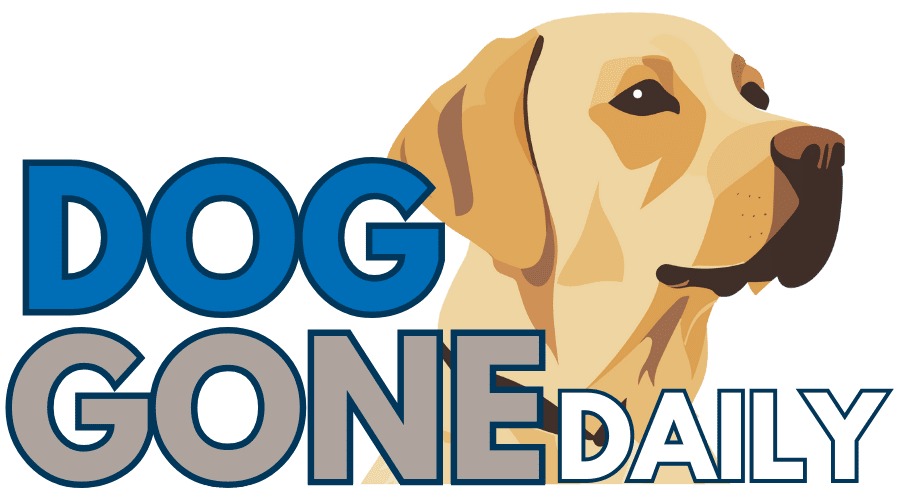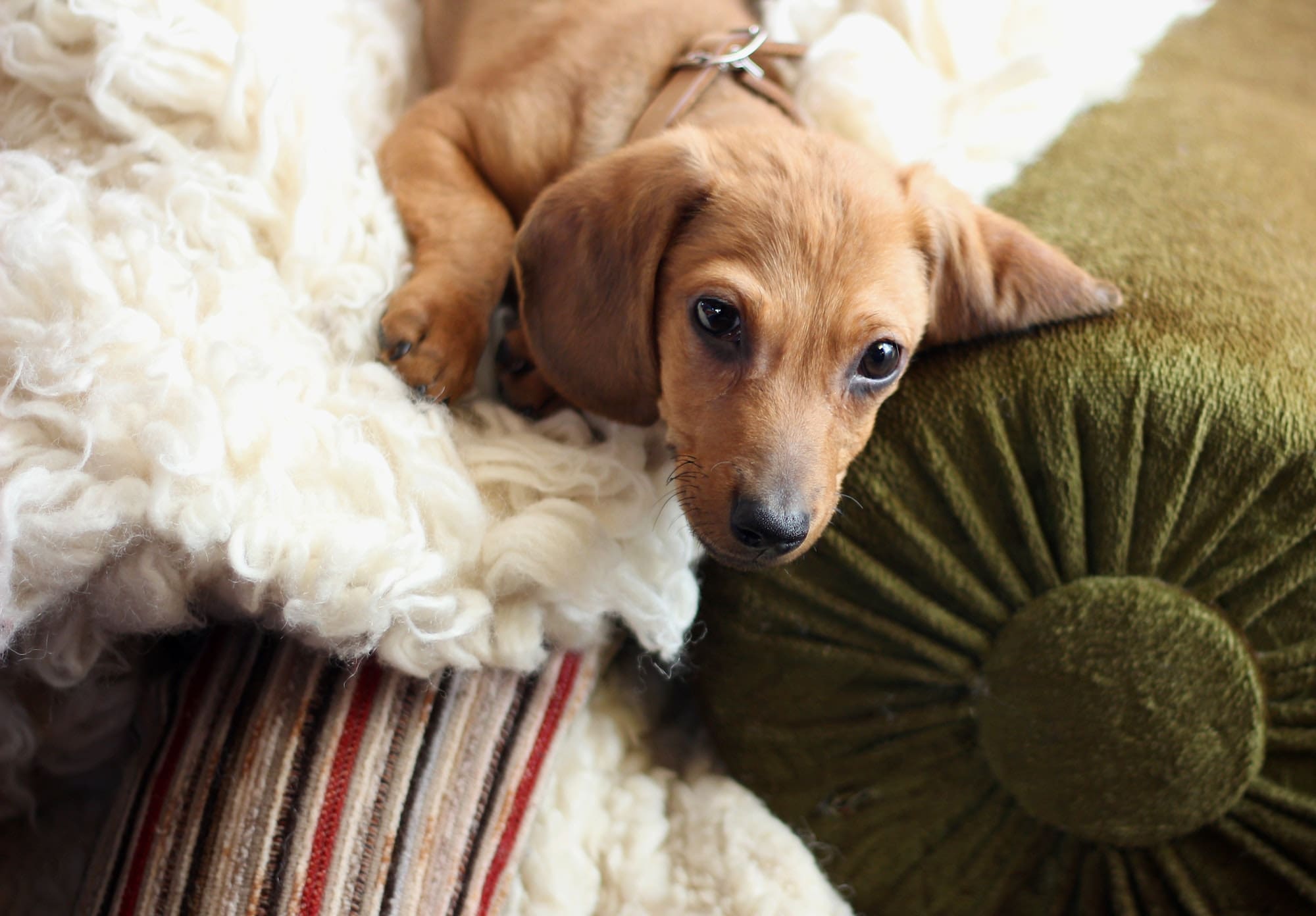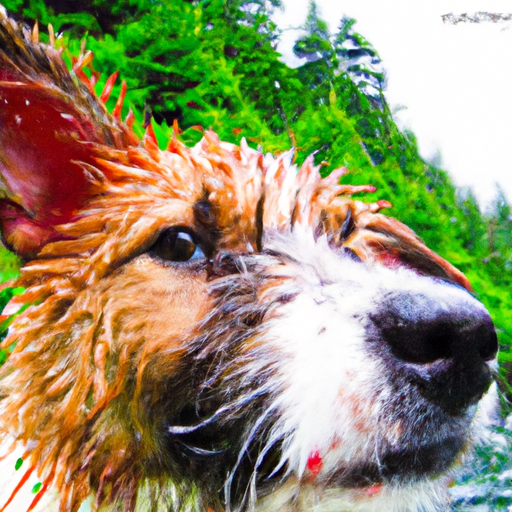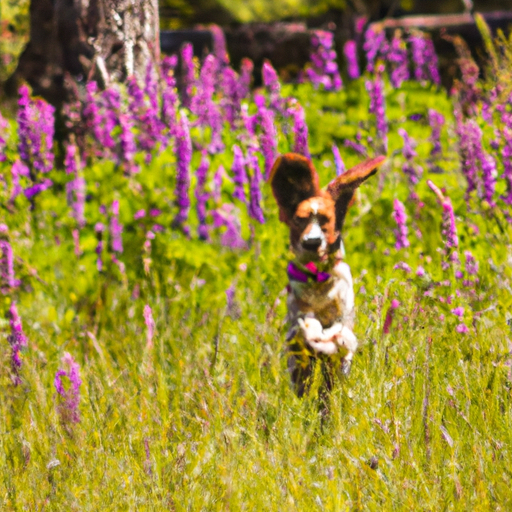Having a new puppy is an exciting and joyful experience, but it also comes with its fair share of challenges. One common challenge that many puppy owners face is dealing with their furry friend's chewing habits. Whether it's your favorite pair of shoes or the corners of your furniture, it can be frustrating and costly to constantly replace the items that have fallen victim to your puppy's sharp teeth. Fortunately, there are some simple and effective strategies you can employ to address and redirect these chewing habits during this stage of your puppy's development. With a little patience and consistency, you can help your adorable pup understand what is appropriate to chew on and what is not.
Understanding the Chewing Behavior of Puppies
Why do puppies chew?
Chewing is a natural behavior for puppies. It serves several important purposes, such as soothing their gums during the teething phase, relieving boredom, and exploring their surroundings. Puppies use their mouths to investigate objects and learn about their environment. Chewing also helps to strengthen their jaw muscles and keep their teeth clean and healthy.
When do puppies usually start chewing?
Puppies typically start teething at around three to four months of age. This is when their baby teeth start to fall out, making way for their permanent adult teeth. During this time, puppies often experience discomfort and a strong urge to chew to alleviate the soreness in their gums. It is important to understand that chewing is a temporary phase that will subside as your puppy matures.
Different types of chewing behaviors
There are two main types of chewing behaviors exhibited by puppies. Destructive chewing occurs when puppies chew on inappropriate objects such as furniture, shoes, or electrical cords. It is important to address this behavior promptly to prevent further damage. Non-destructive chewing, on the other hand, involves appropriate chewing on toys and other designated items. This type of chewing is beneficial for your puppy's dental health and mental stimulation.
Importance of Addressing Chewing Habits
Preventing destructive behavior
Addressing your puppy's chewing habits is crucial to prevent destructive behavior. Not only can it lead to expensive repairs or replacement of damaged items, but it can also pose a safety risk for your puppy. Chewing on hazardous objects could result in injury or poisoning, so it is essential to redirect your puppy's chewing onto appropriate items.
Protecting your belongings and household items
Your belongings and household items may be at risk if you ignore your puppy's chewing habits. Chewing can lead to irreparable damage to furniture, clothing, and other personal items. By providing appropriate chew toys and redirecting their attention, you can safeguard your belongings and maintain a harmonious living environment.
Reducing potential health hazards
Chewing on inappropriate objects can expose your puppy to various health hazards. Electrical cords, toxic plants, and small objects are just a few examples of potential dangers that puppies may encounter while chewing. By addressing their chewing behaviors promptly, you can minimize the risk of accidents and keep your puppy safe and healthy.
Providing Alternatives for Chewing
Choose appropriate chew toys
To effectively address your puppy's chewing habits, it is vital to provide them with appropriate chew toys. Look for toys specifically designed for teething puppies, as they are made to soothe their gums and withstand their vigorous chewing. Opt for toys made of durable materials that are safe for your puppy to chew on.
Rotate and vary the types of toys
Puppies can easily get bored with the same toys, so it is important to rotate and introduce new toys to keep their interest. By providing a variety of textures, shapes, and sizes, you can stimulate their curiosity and prevent them from seeking out alternative objects to chew on. Keep in mind that plush toys should be avoided if your puppy has a tendency to tear them apart, as they can pose a choking hazard.
Using dental chews for oral health
In addition to chew toys, it is beneficial to incorporate dental chews into your puppy's chewing routine. Dental chews are specifically designed to promote oral health by reducing plaque and tartar buildup. They can help satisfy your puppy's chewing instinct while providing them with a tasty treat. Consult with your veterinarian to determine the most suitable dental chews for your puppy's age and breed.
Implementing Training Techniques
Positive reinforcement
One of the most effective training techniques for addressing chewing behavior is positive reinforcement. When your puppy chews on appropriate items, enthusiastically praise and reward them with treats or petting. This will reinforce the desired behavior and encourage them to continue chewing on their designated toys. It is important to be consistent and provide positive reinforcement each time your puppy exhibits appropriate chewing behavior.
Redirecting with commands
When you catch your puppy chewing on inappropriate objects, gently redirect their attention to their chew toys using commands such as “leave it” or “drop it.” This technique helps them understand what is acceptable to chew on and what is not. Be patient and persistent, as it may take some time for your puppy to fully grasp the concept.
Using deterrents
If your puppy repeatedly chews on certain objects despite redirection, using deterrents can be an effective tool. There are sprays available that have a bitter taste and unpleasant odor, specifically designed to discourage puppies from chewing. Apply the deterrent spray on items that you want to protect, and your puppy will quickly learn to associate those objects with an unpleasant experience.
Establishing Boundaries and Enclosures
Crate training
Crate training can be an excellent way to establish boundaries and manage your puppy's chewing habits. By providing a safe and comfortable space, your puppy can be confined when unsupervised or during times when their chewing tendencies are high. Make sure to introduce the crate gradually and associate it with positive experiences, such as treats or toys. Never use the crate as a form of punishment.
Utilizing baby gates or playpens
To limit your puppy's access to certain areas of your home, consider utilizing baby gates or playpens. These barriers can effectively confine your puppy to designated spaces where they can safely roam and play without the risk of destructive chewing. This method allows you to gradually introduce new areas of the house as your puppy matures and learns acceptable chewing behaviors.
Designating dog-friendly areas
Creating dedicated dog-friendly areas in your home can help redirect your puppy's chewing habits. Set up a specific area with their bed, toys, and water bowl where they can freely explore and indulge in appropriate chewing. This will provide them with a sense of ownership and minimize the temptation to chew on forbidden objects.
Supervision and Active Engagement
Keep a watchful eye
Supervision is key in addressing your puppy's chewing habits. When you are unable to provide direct supervision, confine your puppy to a safe area where they cannot access items that may tempt their chewing instincts. By closely monitoring your puppy, you can quickly intervene and redirect their chewing onto appropriate toys.
Play interactive games
Engaging in interactive games with your puppy is an excellent way to address their chewing habits. Play fetch or tug-of-war with their designated chew toys to redirect their chewing energy. Providing mental stimulation through play will help satisfy their natural instincts while reinforcing appropriate chewing behavior.
Engage in regular exercise
Regular exercise is essential for overall well-being and can help minimize destructive chewing behaviors. Make sure your puppy receives appropriate exercise based on their breed and age. Physical activity not only tires them out but also provides an outlet for their excess energy, reducing the likelihood of engaging in destructive chewing.
Managing Stress and Boredom
Creating a stimulating environment
A stimulating environment is crucial in addressing your puppy's chewing habits. Provide a variety of toys, puzzles, and interactive feeders that challenge their minds and keep them entertained. Rotate these items regularly to prevent boredom and stimulate their natural curiosity. A mentally engaged puppy is less likely to resort to destructive chewing out of frustration or boredom.
Providing mental enrichment
In addition to physical exercise, mental enrichment is essential for a well-balanced puppy. Incorporate activities such as scent games, obedience training, or hide-and-seek to engage your puppy's mind. This mental stimulation helps redirect their chewing energy into constructive outlets and prevents them from seeking out inappropriate objects to chew on.
Avoiding excessive confinement
Avoid excessive confinement, as it can contribute to stress and boredom, leading to increased chewing. Puppies require social interaction and mental stimulation to thrive. If you are unable to provide constant supervision, consider enlisting the help of a family member or hiring a dog sitter to ensure your puppy receives the attention and mental engagement they require.
Seeking Professional Help
Consulting a veterinarian or animal behaviorist
If your puppy's chewing habits persist despite your best efforts, it may be beneficial to seek professional advice. A veterinarian or animal behaviorist can assess your puppy's behavior, rule out any underlying medical conditions, and provide tailored strategies to address their chewing habits effectively. They can also recommend training techniques specific to your puppy's individual needs.
Joining puppy training classes
Enrolling your puppy in puppy training classes can be highly beneficial in addressing their chewing habits. These classes provide structured training, socialization opportunities, and guidance from experienced trainers. In a controlled environment, your puppy can learn appropriate chewing behaviors and receive valuable feedback from professionals.
Utilizing the services of a dog trainer
If you are struggling to manage your puppy's chewing habits, consider hiring a dog trainer. A professional dog trainer can evaluate your puppy's behavior, identify the underlying causes of their chewing habits, and design a customized training plan to address their specific needs. Working with a trainer provides you with expert guidance and support throughout the training process.
Proper Nutrition for Healthy Teeth and Gums
Choosing high-quality puppy food
Proper nutrition plays a vital role in maintaining your puppy's dental health. Choosing a high-quality puppy food that is specifically formulated to meet their nutritional needs is crucial. Look for brands that are AAFCO (Association of American Feed Control Officials) approved and consult with your veterinarian to determine the most suitable diet for your puppy.
Feeding appropriate treats
Treats can be an effective tool in addressing your puppy's chewing habits, but it is important to choose appropriate ones. Opt for dental treats that promote oral health by reducing plaque and tartar buildup. Avoid treats that are high in sugar or contain ingredients that may be harmful to your puppy. Always check with your veterinarian before introducing new treats into your puppy's diet.
Brushing your puppy's teeth
Regular dental care is essential to maintain healthy teeth and gums in your puppy. Start brushing their teeth from an early age using a canine toothbrush and toothpaste specifically formulated for dogs. Initially, introduce the toothbrush gradually and in a gentle manner, making the experience positive and rewarding. Brushing your puppy's teeth regularly will help prevent dental issues and reduce the likelihood of chewing to alleviate discomfort.
Consistency and Patience
Understanding it's a stage of development
It is important to understand that chewing is a normal stage of development for puppies. Patience is key in addressing their chewing habits, as it may take time for them to learn appropriate behaviors. By consistently applying the techniques mentioned throughout this article, you can effectively guide your puppy towards developing appropriate chewing habits.
Consistent reinforcement of desired behavior
Consistency is crucial in reinforcing the desired chewing behavior in your puppy. Make sure to provide positive reinforcement, redirect them when necessary, and use deterrents consistently. By consistently reinforcing appropriate chewing habits, your puppy will understand what is expected of them and develop good habits.
Avoiding punishment
Punishment is not an effective method to address chewing habits in puppies. Physical or verbal punishment can instill fear and anxiety, leading to more behavioral issues. Instead, focus on positive reinforcement and redirecting your puppy's attention, ensuring they associate these techniques with positive experiences. Remember, patience and understanding are key in addressing your puppy's chewing habits effectively.
Understanding and addressing your puppy's chewing habits is an important aspect of their development. By providing appropriate chew toys, implementing training techniques, establishing boundaries, engaging in active supervision, managing boredom and stress, seeking professional help if needed, ensuring proper nutrition, and being consistent and patient, you can guide your puppy towards healthy and appropriate chewing behaviors. With time and dedication, you can help your puppy overcome their chewing tendencies and maintain a harmonious living environment.






